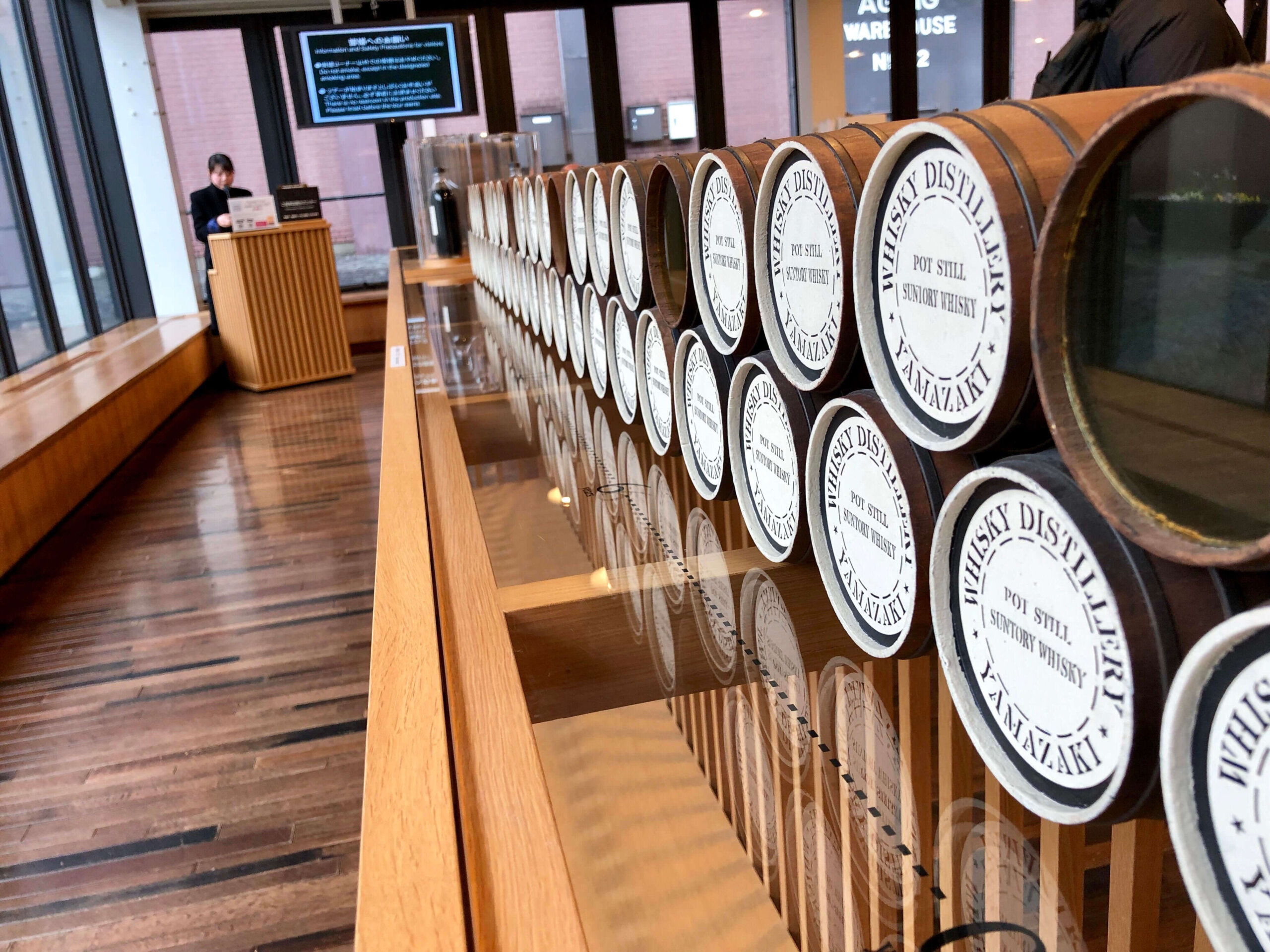Regulators in the alcohol and beverage industry see technology as a catalyst for effective alcohol regulation

With the alcohol and beverage market on the rise and new legislation popping up to keep the industry in check, regulators are looking toward technology for effective enforcement tools and strategies.
At the National Alcohol Beverage Control Association (NABCA) Annual Conference, held May 20-23, industry regulators called out a need for modern enforcement solutions to handle current demands in liquor licensing and the associated inspections, complaints, and investigations that come through the regulatory process. Conference attendees representing state Alcohol Beverage Control (ABC) departments voiced an urgency to move faster with enforcement operations using data, mobile applications and other technologies that automate ABC services.
In a letter to conference participants and colleagues, NABCA Chairman Jeff Painter said technology held a key role in advancing the future value of beverage control and the industry as a whole.
“Many of our organizations have made significant strides forward in utilizing 21st century technology, generating enhanced revenues for our citizens and partners, and providing great customer experiences, while adhering to our public health and safety responsibilities,” Painter said.
While alcohol enforcement policies and programs are well established throughout the U.S., enforcement remains a major concern due to a number of obstacles. When infractions occur, they may not be reported, and even if they are reported complaints can result in prolonged or delayed investigations.
The enforcement gaps can have serious consequences. In a NABCA study that analyzed the dangers of alcohol deregulation, the organization found greater accessibility to alcohol often prompted overconsumption and its many unwanted side effects. Underage drinking, alcohol connected violence, alcohol induced deaths, epidemics of alcohol related diseases, tainted products and industry price wars being just a few issues, according to the study.
Technology can assist regulators to enforce regulations in many ways. In 2016, the Tennessee Alcoholic Beverage Commission (TABC) used the Accela Civic Solution for ABC to digitize and automate its license application and renewal process state wide. The department put license requests, renewals, and application status updates and delivery online and equipped inspectors with tablets to receive and report data in the field. Further, GIS linked license and enforcement data to addresses and neighborhoods to provide a clear picture of alcohol sales and enforcement activities.
In a press release, Doug Duncan, who served as TABC’s IT Director at the time, said the digital tools were instrumental in accelerating operations that had depended on slower manual and paper-based transactions.
“Our goal is to streamline our processes, encourage online application and issuance, and go paperless,” Duncan said. “Accela was able to not only meet and exceed Tennessee ABC’s unique regulatory requirements, but also to demonstrate an exceptional ability to help the Commission automate and help our citizens.”
Painter said NABCA’s hope for ABC departments is to take advantage of the many new technologies that are available to improve efficiency and for digital tools to help regulators keep pace with industry demands.
“We all agree that things move incredibly fast in 2019 – [with] new technological advancements, new methods of communication, and an ever-changing marketplace,” Painter said. “But this is likely as slow as it’s going to get.”
Click here to learn more about the Accela Civic Solution for ABC.





